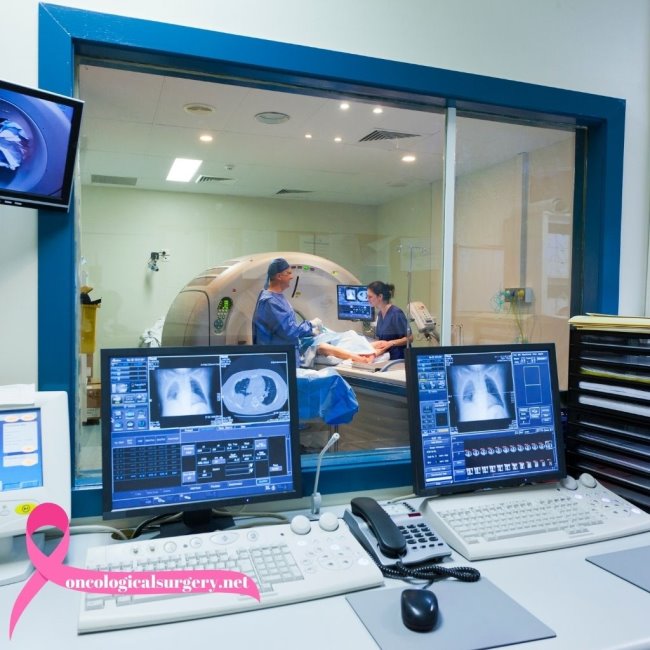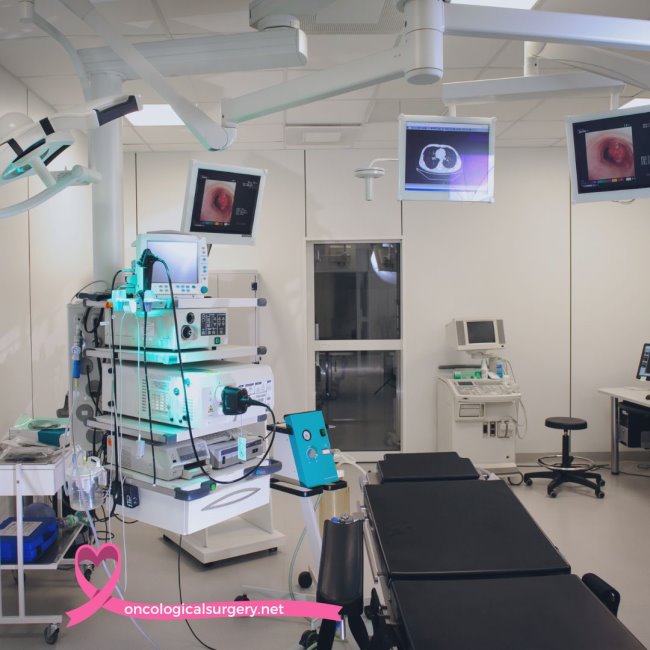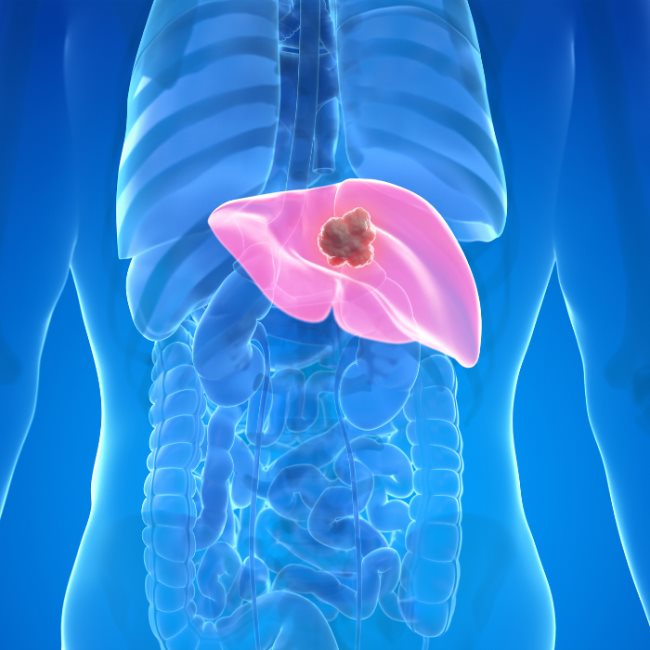
Understanding the Risks and Benefits of Oncology Surgery
Oncology surgery is the cornerstone of treatment in many cancers and, therefore, usually offers the greatest opportunity for cure or long-term remission. However, as with all major surgeries, it has both disadvantages and advantages. In this article, we take a closer look at some possible risks and benefits associated with oncology surgery, focusing on cancers like colon, pancreatic, stomach, and thyroid cancers.
Benefits of Oncology Surgery
Oncology surgery can have numerous significant benefits. Here are the key reasons this is an important modality in so many treatment plans.
1. It is possible to have cancer completely removed.
The main purpose of oncology surgery is to remove the tumor from the body completely. This is usually the best way of inducing the state of remission, provided, of course, the cancer was diagnosed early enough and that it is localized in nature. For instance, in the case of colon cancer treatment, removing the part of the colon containing the tumor significantly enhances the chances of curing a patient.
2. Reduction of Tumor Burden
Surgery decreases tumor size when complete removal of the cancer is not possible. This improves symptoms and potentially optimizes chemotherapy or radiation therapy. This is extremely important in treating pancreatic cancer, whereby the tumor might be too big or even too close to vital structures for complete removal.
3. Improvement of Quality of Life
The quality of life among cancer patients can be improved by removing tumors causing pain, obstruction, and other debilitating symptoms. For example, in stomach cancer, the treatment will involve the removal of such tumors that block the digestive tract so that the patient can swallow and be able to digest food easily.
4. Diagnostic and Staging Benefits
It also plays a very important role in diagnosis and staging. Surgical procedures can provide tissue samples for biopsy, which helps in identifying the exact type and stage of cancer. As a rule, an accurate staging is necessary to develop the most effective treatment plan, especially in complex cases, like thyroid cancer treatment.
Risks of Oncology Surgery
While the benefits of oncology surgery are numerous, it is necessary to understand the possible risks that may be associated with the surgery. A few of these are:
1. Surgical Complications
All surgeries have a risk of complications, which include infection, bleeding, and adverse reactions to anesthesia. These risks can be higher in oncology surgeries because the surgeries are long and complex. Individuals receiving oncology surgery should discuss these possible complications with the surgical team.
2. Damage to Surrounding Organs and Tissues
Most of the onco-surgeries are related to the removal of tumors, which lie in close proximity to very important organs and tissues. This proximity can result in accidental damages to these structures, adding to other medical complications. For instance, in colon cancer, there is a possibility of injury to the nearby bowel or urinary structures.
3. Postoperative Pain and Recovery
Most oncological surgeries after the operation leave a person with a lot of pain, lasting up to several weeks with a long period of recovery. In relation, they may also need extensive rehabilitation and support in order to build themselves up to their former strength and function. This will be evident in stomach cancer surgery concerning the digestive system, for example, whereby their bodies might have developed a different way of eating and nutritional changes.
4. Recurrence and Spread of Cancer
There is always a chance, after having had successful surgery, that the cancer could recur or spread to other parts of the body. This possibility depends on the kind and stage of cancer, and the completeness of the removal of the tumor. Often, continued monitoring and follow-up care are necessary to offer early detection and intervention if recurrence is suspected.
Risk-Benefit Balancing
Oncology surgery will always have to balance the potential benefit of treatment with the risk carefully. This is a decision that has to be made in very close consultation with the multidisciplinary team of cancer specialists including medical, surgical, and radiological oncologists. Important factors to consider include:
- Type and stage of cancer: The type and stage will determine the surgical implications about the possible benefits and risks. Early-stage cancers are usually very responsive to surgery, while advanced cancers may require a combination of treatments.
- Overall health of the patient: The overall health of the patient and his past medical history are crucial in the assessment of the ability of the patient to go through the surgery and come out successful. Pre-existing conditions and age will form important bases for consideration.
- Other Available treatments: There are instances where other modes of treatment may provide comparable benefits with fewer risks. Most treatment plans can be built on multiple modalities.
Conclusion
Surgical oncology continues to be a cornerstone in the treatment of cancer and provides marked benefits for tumor removal, symptom improvement, and quality-of-life enhancement. Yet, it is not devoid of risks, and this approach does need informed consent by the patients with support in decision-making. In this respect, being aware of the risks and benefits, the patients can collaborate with the health care team to make an appropriate decision based on individual circumstances.








































